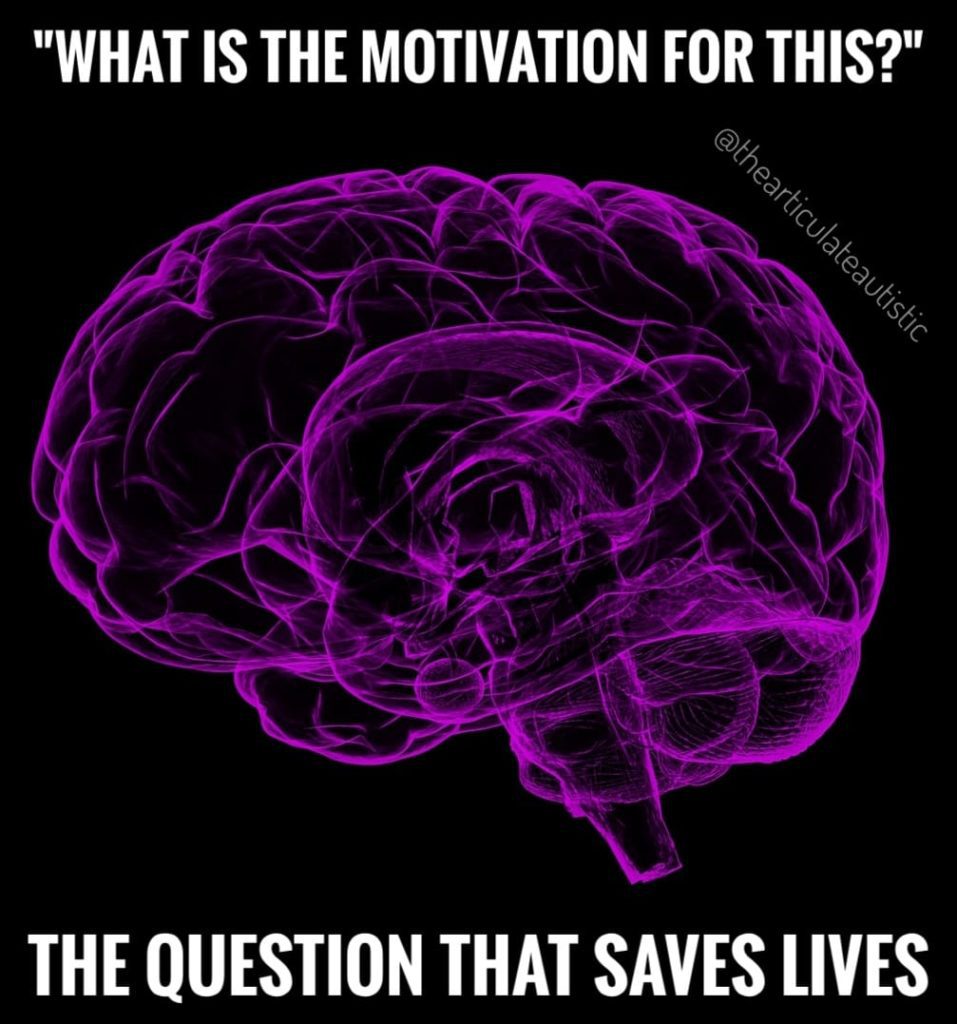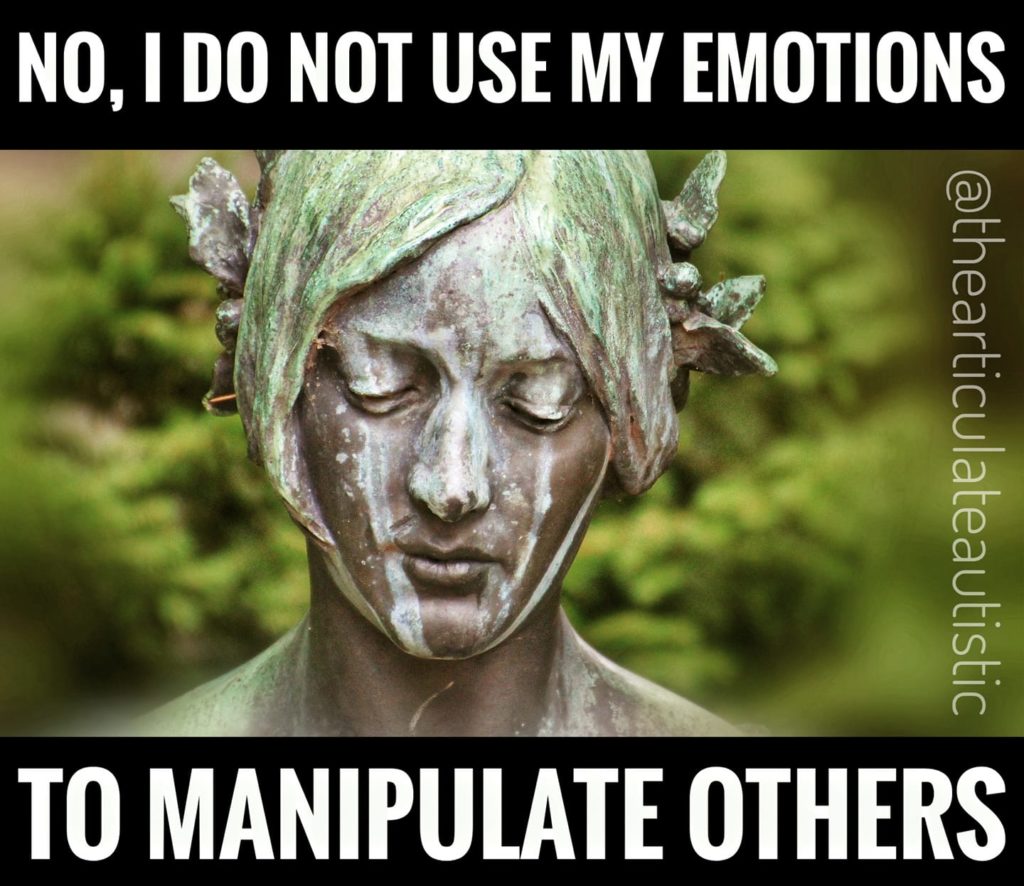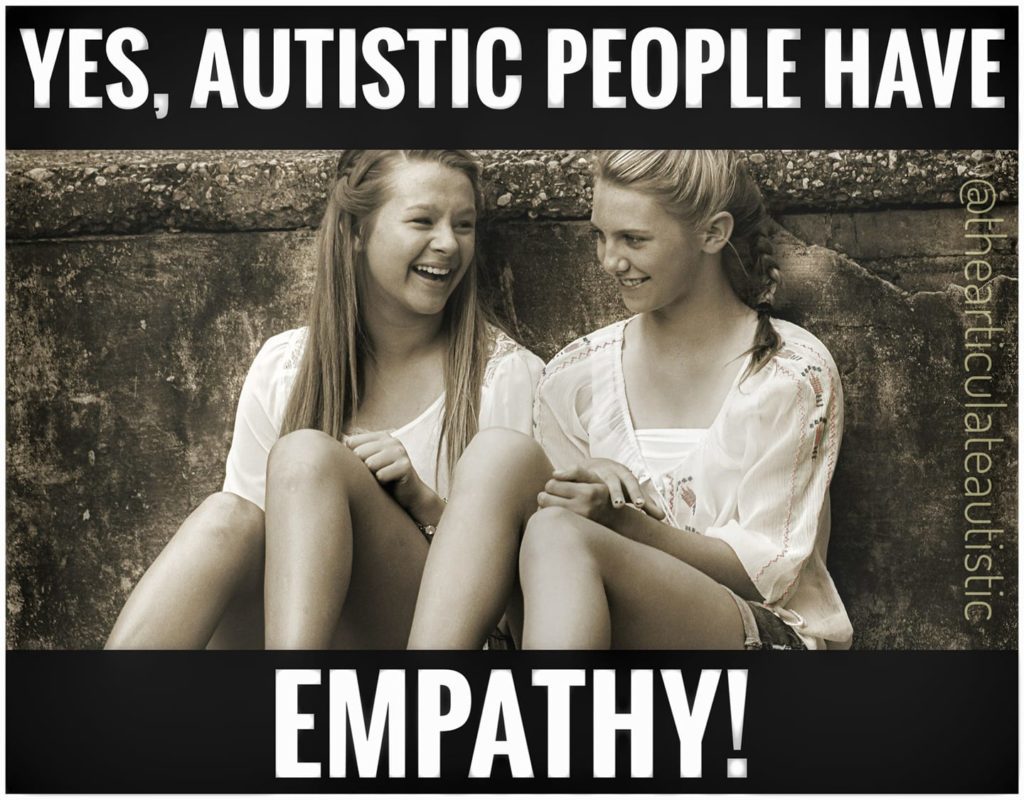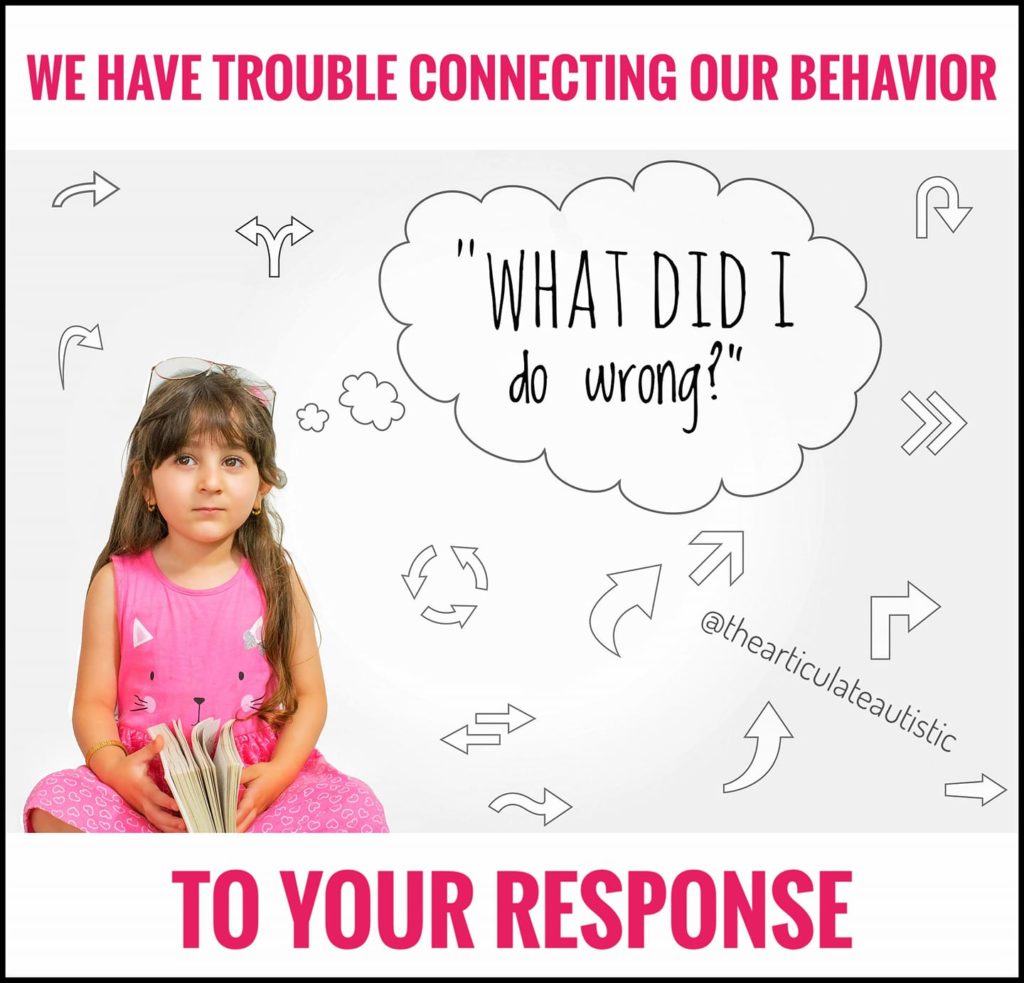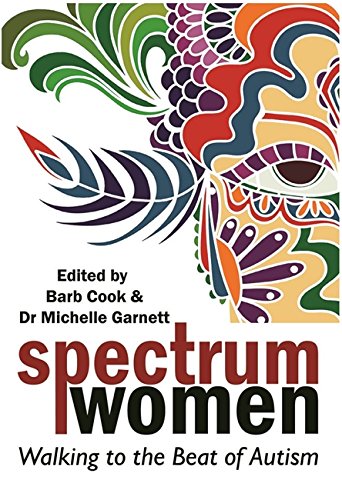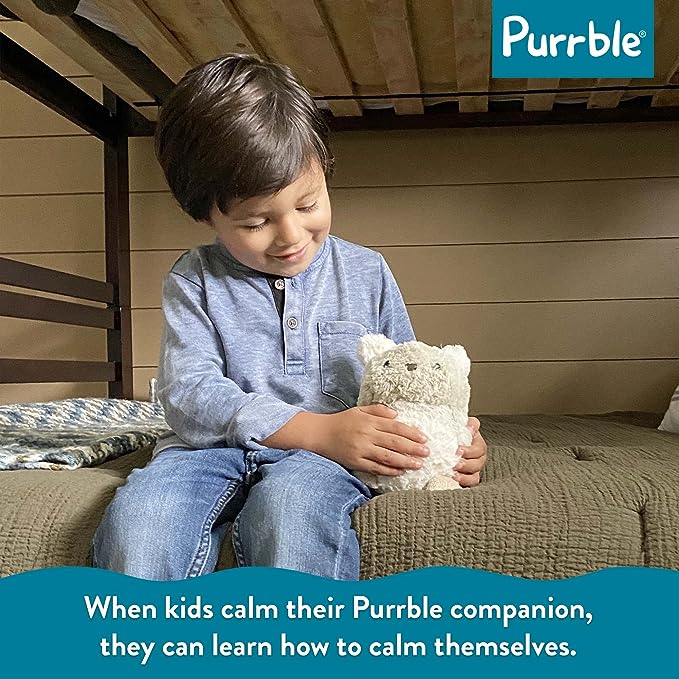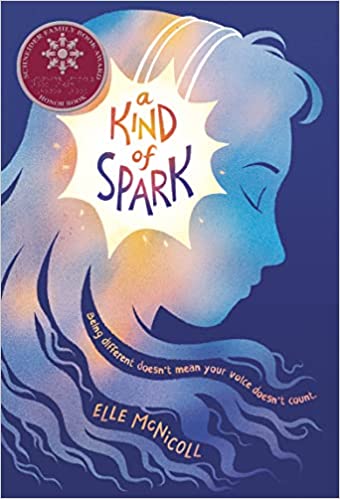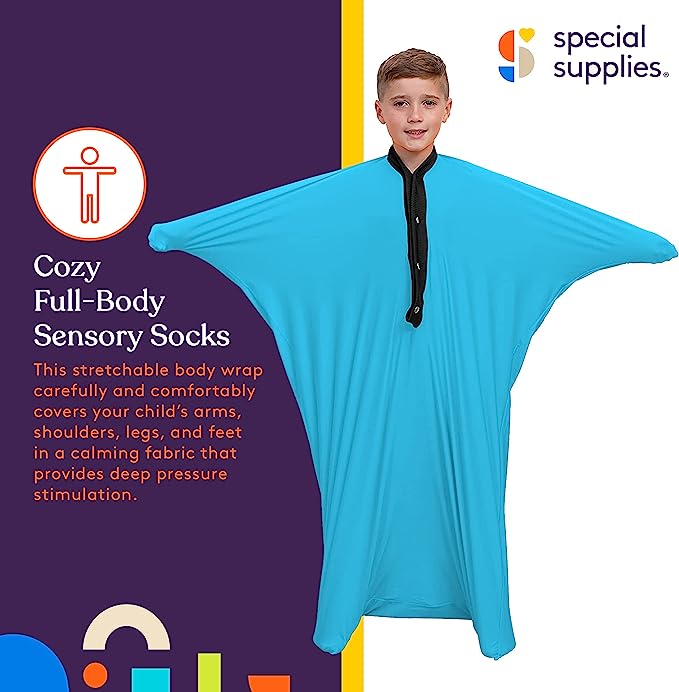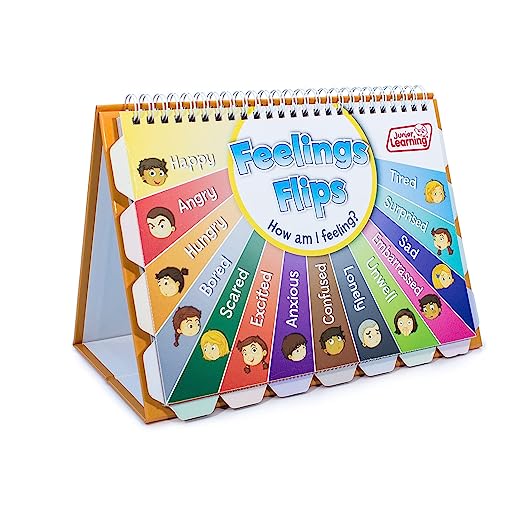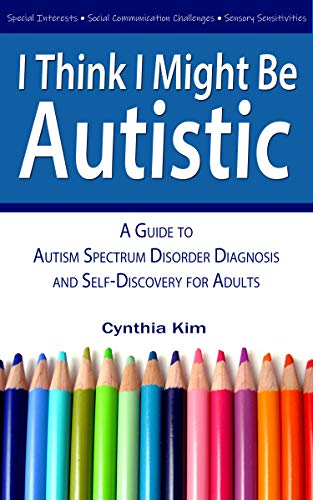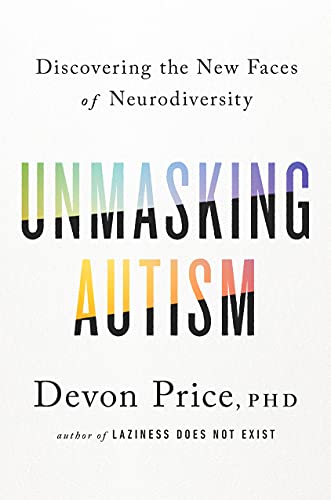The Magic of the Benefit of the Doubt
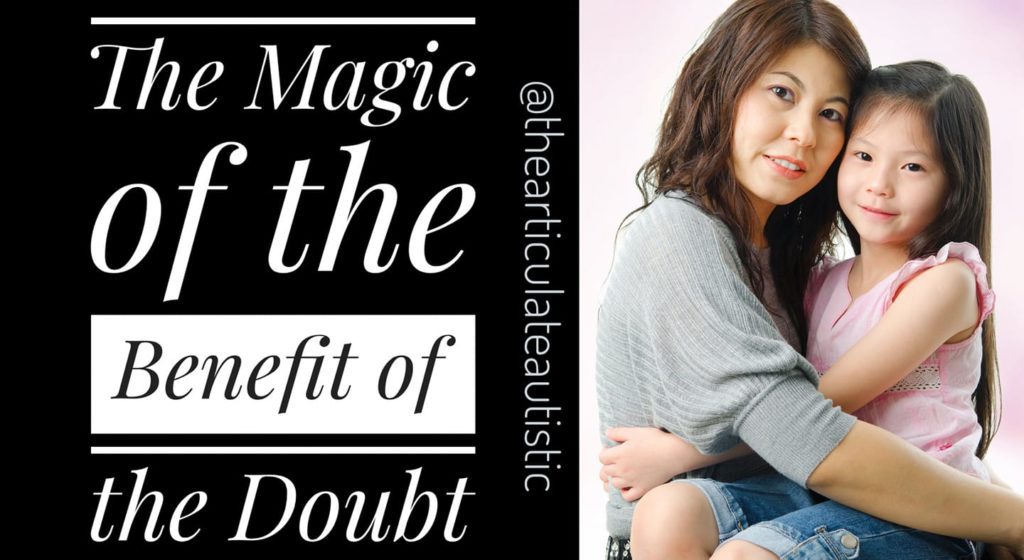
Before I write about this, I have to say something. I truly hate the phrase, “The benefit of the doubt”.
Probably because I’ve had people say it to me like they were lavishing some kind of benevolent gift on me by NOT smacking me across the face for accidentally insulting them when I was a child.
Um…thanks?
So, it’s not easy to do a post on this flipping phrase, but I’m going to do it because a parent made a comment on my intentions post that made me realize that this very popular phrase (which is not usually used as a weapon by most people) was the best way to get the most eyes on this, and it’s very, very important!
So, here goes:
Do you want to have fewer arguments with the autistic person in your life? Always give them the benefit of the doubt.
Meaning, maintain a favorable or at least neutral opinion about the person or what they said or did until you have all the information you need about the subject to make the call.
Especially if this person is your child, your best friend, your partner, your spouse…because think about it for a second, unless the person has a history of abusing you, they most likely DO NOT mean to hurt you.
Yes, you’re still hurt, and that should be addressed, BUT, by asking questions instead of having an immediate outward reaction, you can save a whole heap of pain on both sides.
The mom who told me she does this with her daughter says that if her daughter says something that sounds inappropriate, she will ask, “Honey, that came off as mean or inappropriate, can you help me understand what you meant?”
I asked mom to clarify how her daughter responds if she just reacts, and she revealed what I expected. If she comes at her with, “That’s inappropriate!”, her daughter clams up or shuts down.
Another autistic person may have a panic attack or a meltdown when confronted suddenly.
See, in our minds, we did not do or say anything wrong, so when someone is suddenly angry and yelling at us, it’s like a vulture dropped out of the sky and started pecking our eyeballs out!
It’s so scary to US, we can’t even process what you’re saying to us about how you feel. We just disappear like a turtle into a shell.
Danger. Scary. Nope.
However, if you give the benefit of the doubt, the situation will be far less likely to escalate.
Try this: The next time the neurodiverse person in your life says or does something you find offensive, ask about intent.
“That came off as (insert feeling here). Can you help me understand what you meant?”
Also, many of us respond with brokenhearted tears when we realize we’ve hurt someone. This is not, I repeat, NOT, an attempt to control the situation or turn the attention back on ourselves.
This reaction is actually a sign of sudden and deep empathy because we now have all the information we need once you ask instead of assuming.
Understand that we are showing EMPATHY here, something many of us are told we don’t even possess.
We may not be able to even speak right away because we are so struck by how what we said or did was taken because we had a completely opposite intention, and that sudden switch is a LOT to process at once.
So, the benefit of the doubt. Use it as often as possible, and it might actually seem like magic.
The best way to improve communication with your autistic loved one is to understand how your autistic loved one’s mind works! Intentions, motivations, and personal expressions (facial expressions or lack thereof, body language, etc.), are often quite different in autistic people than they are in neurotypical people.
Experience a better understanding of your autistic loved one by reading books about life from an autistic perspective as well as stories that feature autistic characters. You’ll have so many “Ah ha!” moments and start seeing your autistic loved one in a different light (and you’ll have a better understanding of their behaviors, which you may have been misinterpreting up until now).
Books I recommend for a better understanding of your autistic loved one:
Follow me on Instagram.
Want downloadable, PDF-format copies of these blog posts to print and use with your loved ones or small class? Click here to become a Patreon supporter!

